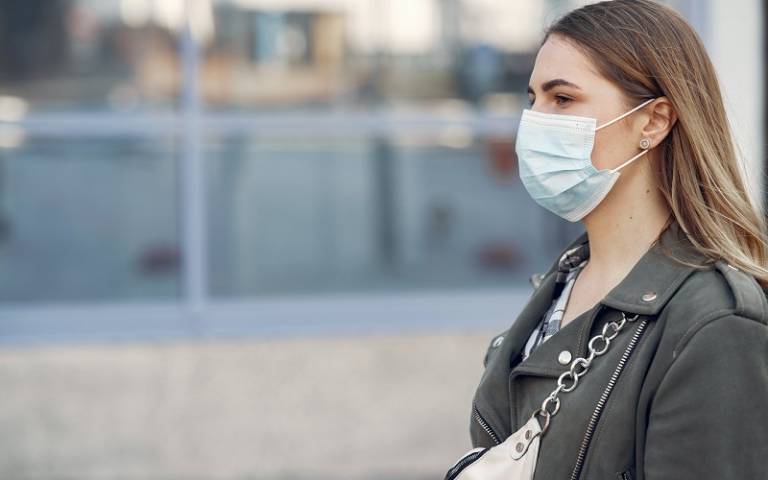Social Research Institute showcase: Quantitative Social Science (QSS) COVID projects
27 October 2021, 1:00 pm–2:00 pm

This webinar, jointly organised by the Social Research Institute and Quantitative Social Science (QSS) seminar series, will include two presentations of QSS team members’ COVID-19 research.
This event is free.
Event Information
Open to
- All
Availability
- Yes
Cost
- Free
Organiser
-
Jenny Chanfreau
The direct and indirect effects of Covid-19 on the wellbeing of young people
Evidence from the Youth Economic Activity and Health (YEAH) Monitor
by Golo Henseke
Golo Henseke assesses the relative impact of direct and indirect Covid-19 effects for subjective well-being of young people aged 16-25 years during the second phase of the pandemic when mass vaccine programmes reduced the need for non-clinical containment measures.
The study is based on an ongoing longitudinal survey using a quota sample design of 16-25-year-olds in the UK. Indicators of well-being included a measure of general life satisfaction and the brief Hopkins Symptoms Checklists (HSCL-5) to measure depression and anxiety. Findings suggest partial improvements in life satisfaction coincide with the reduced prevalence of indirect stressors. Levels of depression and anxiety remain high as the direct Covid-19 health risks persist. The findings suggest that policies designed to reduce indirect effects might have worsened direct effects and vice versa, calling for a balanced approach.
Exploring the Reasons for Labour Market Gender Inequality a Year into the Covid-19 Pandemic
Evidence from the UK Cohort Studies
by Bożena Wielgoszewska
The Covid-19 pandemic has caused unexpected disruptions to Western countries which affected women more adversely than men. Using the data from four British nationally representative cohort studies, Bożena Wielgoszewska tests two proposed causes: women being over-represented in the most affected sectors of the economy and women, especially mothers, taking a bigger share of housework and childcare responsibilities following school closures.
Findings confirm that the adverse labour market effects of the covid-19 pandemic were still experienced by women a year into the covid-19 pandemic and that these effects were the most severe for women who lived with a partner and children. The residual gender differences observed in the rates of active, paid work and furlough for those who live with partner and children point to the importance of unobserved factors such as social norms, preferences, or discrimination.
This event will be particularly useful for those interested in quantitative social science, COVID-19, youth well-being and mental health, and labour market gender inequality.
Related links
About the Speakers
Dr Golo Henseke
at UCL Institute of Education (IOE)
Dr Henseke specialises in quantitative economic and social research, with extensive work on graduate outcomes and the labour market. He has been involved in research on graduate destinations in the UK, Europe and Singapore. He is currently leading an ESRC project on young people, their well-being, and transitions to education, training and employment during the pandemic. Golo is the principal investigator on the COVID-19 youth economic activity and health monitor (YEAH) project.
More about Dr Golo HensekeDr Bożena Wielgoszewska
Research Associate at UCL Institute of Education (IOE)
Dr Wielgoszewska divides her time between the Centre for Longitudinal Studies and Quantitative Social Science, Social Research Institute. Bożena’s research interests include social and economic inequalities, people’s mobility across these strata, the causes and consequences of this mobility, as well as the mechanism that either facilitate or impede it. Bożena is one of the co-investgators on The Gender Wage Gap: evidence from the cohort studies project.
More about Dr Bożena Wielgoszewska Close
Close

